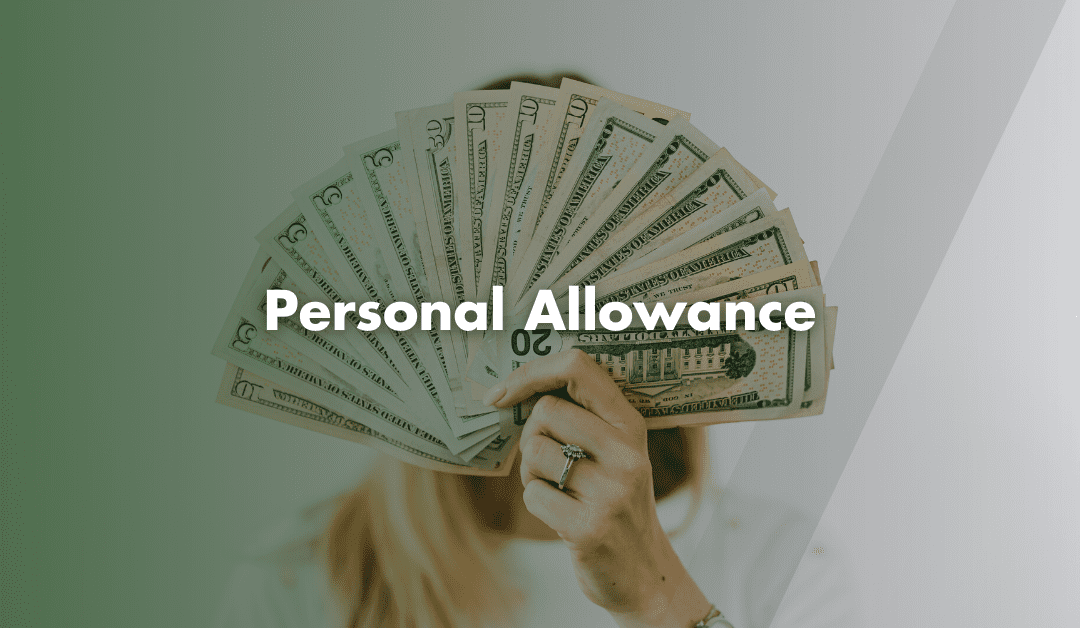The Personal Allowance is the amount of income you can earn each tax year before paying Income Tax. For the 2024/25 tax year, the standard Personal Allowance is £12,570. This means you do not have to pay tax on income up to this threshold.
However, your Personal Allowance gradually reduces if your income exceeds £100,000. Your allowance decreases by £1 for every £2 earned above £100,000. You lose your entire allowance and pay tax on all earnings once your income reaches £125,140.
How the Personal Allowance Affects Your Taxes
Once you earn above the Personal Allowance, your income falls into different tax bands:
- Basic Rate (20%) – For income ranging from £12,571 to £50,270
- Higher Rate (40%) – For income ranging from £50,271 to £125,140
- Additional Rate (45%) – For income over £125,140
However, you can increase your Personal Allowance under certain circumstances.
Marriage Allowance – Read More
If you are married or in a civil partnership, you can transfer £1,260 of your Personal Allowance to your partner. This can reduce their tax bill by up to £252 in a tax year. The partner receiving the allowance must be a Basic Rate taxpayer.
Blind Persons Allowance – Read More
If you are blind or have severely impaired sight, you qualify for Blind Person’s Allowance. This adds an extra £3,070 to your Personal Allowance, meaning you can earn up to £15,640 tax-free in 2024/25. If you do not use the full allowance, you can transfer it to your spouse or civil partner.
Other Tax-Free Allowances
Savings Interest Allowance – Basic Rate taxpayers can earn up to £1,000 in savings interest tax-free, while Higher Rate taxpayers get a £500 allowance. Additional Rate taxpayers do not receive this allowance.
Dividend Allowance – The first £500 of dividend income from shares is tax-free.
Trading and Property Allowance – If you earn money from side businesses or renting property, you can make up to £1,000 tax-free under each allowance.
Read More on Trading Allowance and Property Allowance
How to Reduce Your Tax Bill
If you are close to losing your Personal Allowance due to high income, you may be able to reduce your taxable income through:
- Paying more into a pension scheme can lower your taxable income and help you retain your Personal Allowance
- Donating to charities under Gift Aid can extend your tax-free allowance
- Some employers offer Salary Sacrifice schemes, which allow you to reduce your taxable income in exchange for benefits like childcare vouchers or additional pension contributions
Do You Need to Submit a Tax Return?
Most people receive their Personal Allowance automatically through their tax code if they are employed. However, you must file a Self Assessment tax return if your adjusted Net Income is over £150,000. You must also register for Self Assessment by 5th October if your income has increased above the threshold.
You may also need to submit a tax return if you have income from rental properties, freelance work or significant investment income. The deadline for online tax returns is usually 31st January following the end of the tax year.
Contact Us
We are not just accountants; we are Chartered Accountants with one of the most reputable and premium accounting bodies. We are registered and regulated by ACCA; so you can rest assured that you are in good hands. Knowing this, don’t hesitate to get in touch with us if you require assistance: Pi Accountancy | Contact Us
This article is for general informational purposes only and does not constitute legal or financial advice. While we aim to keep our content up to date and accurate, UK tax laws and regulations are subject to change. Please speak to an accountant or tax professional for advice tailored to your individual circumstances. Pi Accountancy accepts no responsibility for any issues arising from reliance on the information provided.

